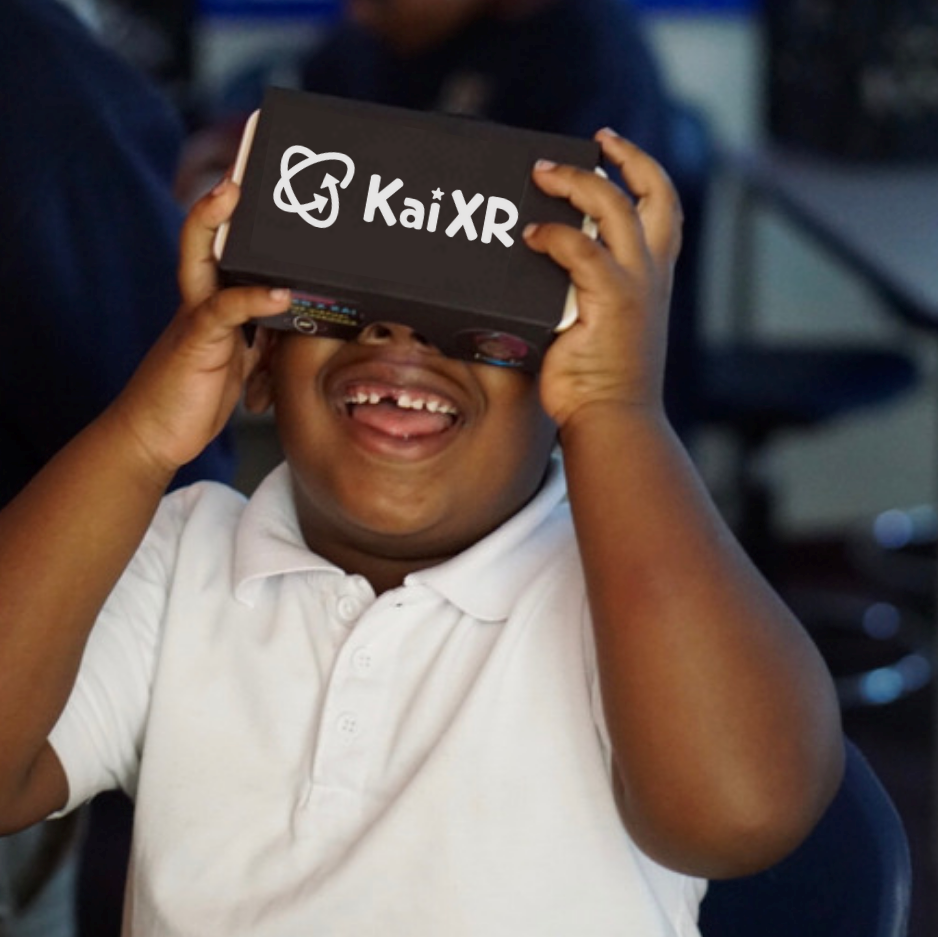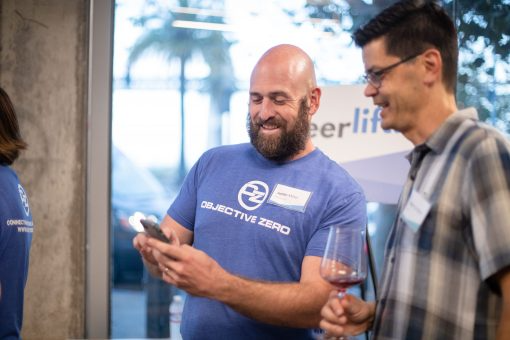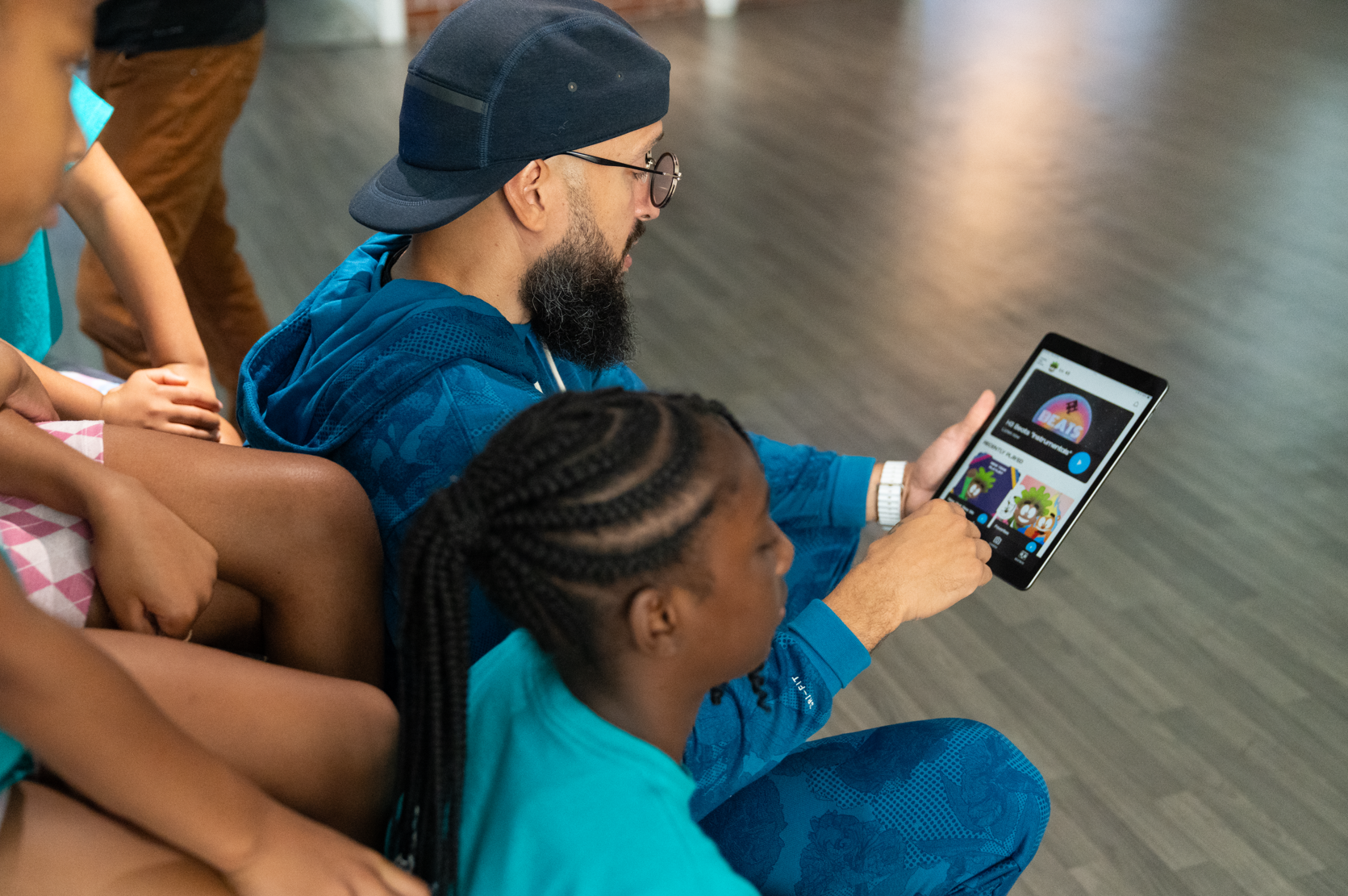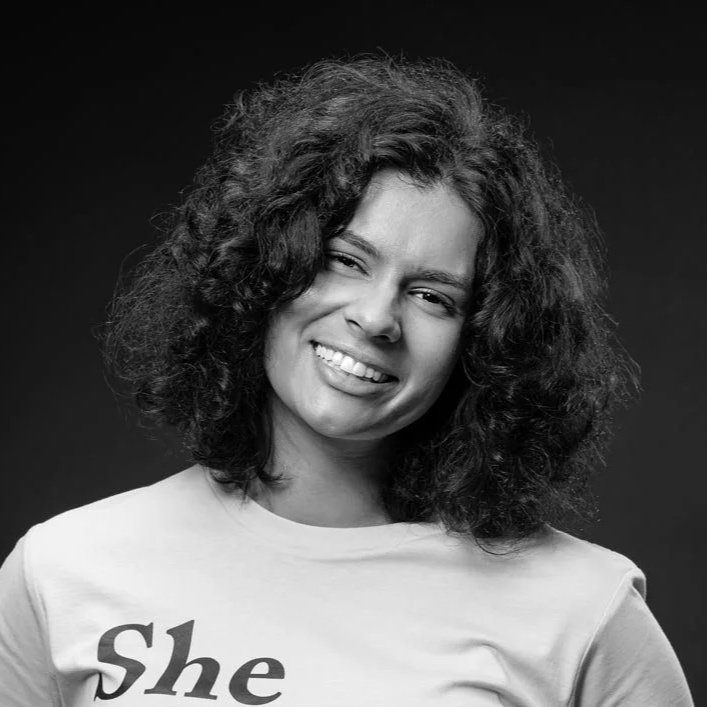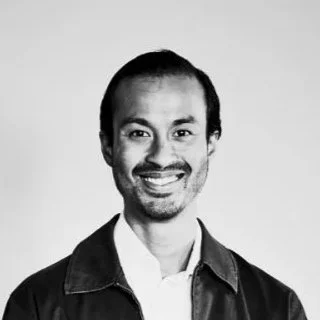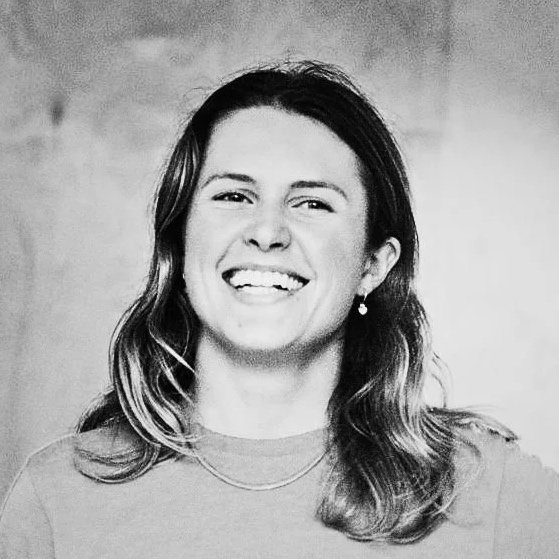Dori Kreiger On Streamlined Start-Up Funding And Scaling Wireless Social Impact Solutions
Dori Kreiger is a seasoned philanthropy executive with more than two decades of experience at the intersection of the nonprofit and business sectors.
Since 2018, she has served as Executive Director of CTIA Wireless Foundation, an organization committed to supporting early-stage innovators using wireless technology to solve pressing societal challenges.
Under her leadership, the Foundation launched Catalyst, a competitive grants program that has become a national platform for elevating social entrepreneurs advancing education, healthcare, veterans' services, and digital well-being.
Dori discusses the role of philanthropy in accelerating social innovation through wireless technology and how streamlined early-stage start-up funding empowers mission-led entrepreneurs to amplify community outcomes.
Highlights from the interview (listen to the podcast for full details)
[Indio Myles] - To start off, can you please share a bit about your background and what led you to working with social change and philanthropy?
[Dori Kreiger] - I joined the CTIA Wireless Foundation as Executive Director in 2018, where we advance wireless-powered solutions that address critical societal challenges and improve communities across the United States.
I have over 25 years of experience as a philanthropy executive, working at the intersection of the nonprofit and business sectors. I’ve had the privilege of helping make giving more impactful and rewarding for all kinds of donors: individuals, families, foundations, and now corporations.
If I think back on what led me into philanthropy, I have to credit my parents. They were incredibly dedicated to community service and led by example for me and my four siblings. It all goes back to them. I’m now excited to be part of accelerating wireless technology for good with the Wireless Foundation.
As the Executive Director at the CTIA Wireless Foundation, could you share more about how the organisation supports social entrepreneurs using wireless technology to improve people's lives?
For more than 30 years, CTIA Wireless Foundation has been at the forefront of wireless-powered social impact. From pioneering text-to-donate campaigns to supporting the launch of AMBER Alerts via mobile technology, the foundation has led the way with many firsts.
We are the philanthropic arm of CTIA, the trade association representing the wireless industry. That includes wireless carriers, equipment manufacturers, mobile app developers, content creators, and essentially, the entire ecosystem. Our legacy uniquely positions us to lead the next era of mobile innovation for public good.
What truly sets us apart is our laser focus on wireless technology as a force for good, and our commitment to early-stage, unrestricted funding that helps social entrepreneurs go from idea to impact. At the Foundation, we believe in the power of wireless to reach people where they are in the palms of their hands to deliver truly impactful solutions.
Through our Catalyst Grants program, which is our signature initiative, we've awarded over a million dollars in unrestricted funding to social entrepreneurs innovating in education, healthcare, and veteran services. These mobile-first solutions are helping to improve the lives of millions of Americans.
We’re now in our sixth year of Catalyst, which is incredibly exciting. In 2025, we saw an 80% increase in applications, which shows us there’s a growing movement of changemakers using wireless for good.
The Catalyst initiative is one of your standout programs championing social entrepreneurs. What have been some of the biggest learnings from the program, and what standout innovations or initiatives have come through it?
There are so many standout innovations. At this point, we have over 30 Catalyst alumni, and every year I’m so inspired by the winners, their stories, and their solutions.
It’s truly a privilege to be part of their journey. These are bold innovators tackling a wide range of issues, from veterans’ mental health and education to the digital divide, youth literacy, and youth mental health.
What’s particularly exciting is each of them has chosen wireless technology as their platform for innovation, which is remarkable from our perspective.
If I think about standout stories, I’d be remiss not to mention our very first Catalyst winner, Objective Zero Foundation. They developed a mobile app connecting military service members, veterans, their families, and caregivers to a nationwide network of peer and civilian support via text, voice, and video chat.
Objective Zero was born from a life-changing call between co-founder Chris Mercado and a former comrade who was experiencing suicidal thoughts, something all too common within the veteran and military community.
Chris, who was still on active duty at the time and had served in Afghanistan, started Objective Zero with the belief that the simple act of listening could help save lives. The impact they’re making is just incredible and continues to inspire me.
If I think about others, several winners have addressed challenges in education. One that comes to mind is our 2022 winner, Kai at Kai XR. Founder Kai Frazier was teaching history in a Virginia suburb of Washington D.C. She knew she wanted to take her students on a field trip to explore the wide variety of museums and monuments that Washington D.C. has to offer.
But Kai faced a predicament, she was teaching in a low-income school and was unable to secure funding for the trip, which is just mind-boggling. These incredible, free educational opportunities were just miles away, yet her students couldn’t access them.
Having seen the power of virtual reality technology, Kai had an idea: if the students couldn’t get to the museum, why not bring the museum to them? This sparked the creation of Kai XR. The platform uses augmented reality, virtual reality, and extended reality technologies to allow students to learn and explore beyond their classroom walls.
Then there’s our 2024 Catalyst winner, Healthy Hip Hop, founded by Roy Scott. Roy saw the potential for hip hop to influence young children positively. He began his career as a rapper and hip hop artist, and while raising his son, he realised just how impactful music could be on young minds.
One day, he heard his young son in the backseat of the car repeating lyrics that glorified violence, misogyny, and materialism. That moment was a wake-up call that something had to change.
Roy created the Healthy Hip Hop app, which delivers interactive educational content to school students. It improves literacy and writing skills, all set to hip hop beats and messages that promote positive self-esteem in young kids.
I’ll be honest, I’ve downloaded the app myself (even though it’s aimed at children). I often listen to the daily affirmations; in fact, I had it playing in the car this morning as I was preparing for this conversation. I love Healthy Hiphop. The app just puts you in such a great mood. These are just a few of the many powerful examples of how wireless technology is being used for good.
When you're looking at the Catalyst initiative, how do you measure the success of the funding and the impact it has on these organisations in extending the change they can create?
We measure success in a few ways. One standout indicator is we’ve seen an 80% increase in applications this year. That tells us there are more changemakers out there using wireless-powered solutions, which is incredibly exciting.
We also maintain relationships with our Catalyst alumni and track the progress they continue to make using wireless for good. Some have gone on to develop wearable technologies that have now received FDA approval, which is a significant milestone in the United States. Others are expanding their reach, bringing their innovations to new audiences and communities across the country.
What’s so exciting about wireless is that these solutions are inherently scalable. They can be deployed rapidly and can create meaningful, wide-reaching change in communities nationwide.
In what ways do you see wireless technology creating more opportunities for these innovative organisations or initiatives to create impact?
We firmly believe in the power of wireless technology to transform lives. It’s not just a tool for connectivity, but a catalyst for transformative social change.
We’re seeing a rise in social entrepreneurs who are addressing critical needs in their communities, and the ones we work with are harnessing the speed, efficiency, and versatility of wireless technology to deliver meaningful solutions directly to Americans where they are, with the phones in their hands.
I’m constantly inspired by the passion that fuels the work of our social entrepreneurs. That passion is often sparked by a personal experience with the issue they’re addressing, and that personal connection is crucial to achieving real impact.
It allows them to approach the problem from multiple angles and develop solutions that truly have the potential to create lasting, meaningful change.
We’re excited about the innovators who are choosing wireless as their platform. These solutions are improving lives and strengthening communities across the country.
Being a tech-based social enterprise also introduces efficiencies in reaching people, and I’ve learned just how powerful wireless can be in helping our social entrepreneurs connect more directly and more quickly with the audiences they’re aiming to serve. That’s incredibly exciting.
What advice would you give to other leaders in philanthropy who want to move away from traditional grantmaking structures towards more values-driven, impactful funding strategies?
As I mentioned earlier, I’m deeply inspired by early-stage social entrepreneurs and the opportunity we have to provide funding and support at critical moments in their organisational development.
We’ve been very deliberate in thinking about when our funding and support would have the most impact. I’m incredibly grateful for our partnership with our board and with CTIA as we developed the Catalyst program.
We made a conscious choice to focus on funding early-stage social entrepreneurs and to thoughtfully assess the risk of doing so—asking ourselves: what are we investing in, and how can that create scalable impact?
We knew our support could help catalyse powerful wireless solutions and provide much-needed capital at pivotal moments. As part of that, we adopted a trust-based philanthropy approach. We provide unrestricted financial support because we believe the founders are best positioned to decide how to use that funding to grow their enterprises. We’ve also been very intentional about streamlining our reporting requirements. Traditional philanthropy often involves long applications and extensive grant reports. We’ve tried to simplify that process. While our Catalyst winners are innovators, we at the Wireless Foundation strive to innovate too.
We’ve embraced a learning culture, consistently asking ourselves: What’s working? What’s not? How can we make tweaks to improve the program—not just for us at the foundation or for CTIA, but for the social entrepreneurs we’re serving?
You often hear about “big bet” philanthropy, and I’m proud to say our bets on these social entrepreneurs have already reached over 20 million Americans with wireless-powered solutions. I can’t wait to see what next year brings—we’re just getting started with this incredible impact.
What inspiring projects or initiatives have you come across recently that are creating positive change?
I find the work of the Skoll Foundation with social entrepreneurs incredibly inspiring. I also admire what the Tory Burch Foundation is doing to support women entrepreneurs. Their work is both exciting and cutting-edge.
I often look to our partners at Camelback Ventures and Fast Forward for inspiration as well. They’re both tech-for-good accelerators that deliver incredible support to startups using technology to drive impact.
Of course, I continue to be inspired by all of our Catalyst alumni. Their grit and determination to transform challenges into wireless-powered solutions that improve lives is pretty amazing. I look to them often for motivation and hope.
To finish off, are there any books or resources you would recommend for our audience to check out?
It’s honestly a privilege to do what I do, and I’m very grateful for it every day. I highly recommend people explore the work of the social innovators using wireless technology.
You can learn more about our Catalyst alumni on our website, wirelessfoundation.org. There, you’ll find videos introducing you to these amazing solutions, blog posts that highlight their stories, and a full catalogue of the 30 Catalyst alumni. I really urge people to check it out.
If you’re interested, please do follow us on LinkedIn and X to stay up to date with what’s coming next—we’ll be announcing our Catalyst 2025 winners this September.


